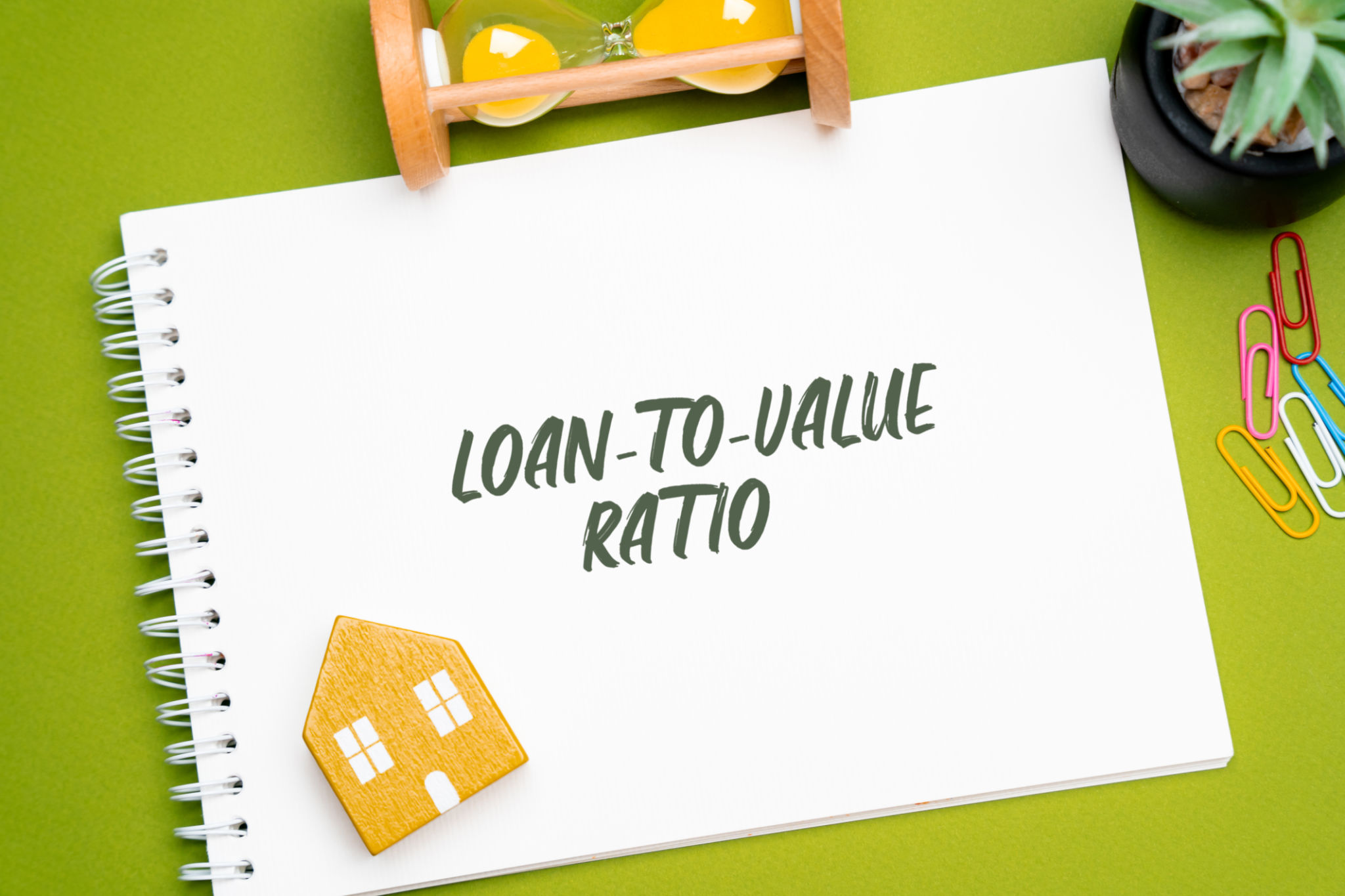How to Secure the Best Mortgage Rates in Petawawa
Understanding the Basics of Mortgage Rates
When you're looking to buy a home in Petawawa, securing the best mortgage rate is crucial. Mortgage rates can significantly impact your monthly payments and the overall cost of your home. Understanding how these rates work and what factors influence them can give you a significant advantage in your home-buying journey.
Mortgage rates are influenced by various factors including the current economic climate, inflation rates, and the policies of the Bank of Canada. Typically, these rates fluctuate based on market conditions, so keeping an eye on economic news can be beneficial.

Improving Your Credit Score
Your credit score plays a major role in determining the mortgage rate you qualify for. Lenders use this score to assess your creditworthiness. A higher credit score often translates to lower interest rates. To improve your credit score, make sure to pay your bills on time, reduce outstanding debt, and avoid applying for new credit lines before applying for a mortgage.
It's also wise to review your credit report for errors and discrepancies. Correcting any inaccuracies can boost your score and increase your chances of securing a better rate.

The Importance of a Larger Down Payment
While it might not be possible for everyone, putting down a larger down payment can help you secure better mortgage terms. A substantial down payment reduces the lender's risk, which can lead to more favorable interest rates.
Additionally, a larger down payment can help you avoid paying private mortgage insurance (PMI), which is often required if you put down less than 20% of the home's value.
Exploring Different Lenders
Not all lenders offer the same rates, so it's wise to shop around. Contact multiple lenders, including banks, credit unions, and mortgage brokers, to compare their offers. Each lender may have different criteria and rates, so exploring various options can potentially save you thousands over the life of your loan.

Locking in Your Rate
Once you've found a favorable rate, consider locking it in. A rate lock is a guarantee from your lender that they will maintain the agreed-upon interest rate for a specified period. This protects you from rate hikes during the closing process.
The lock period can vary from 30 to 60 days or even longer, depending on the lender. Be sure to understand the terms of the lock and if there are any fees associated with it.
Considering Fixed vs. Variable Rates
When choosing a mortgage, you'll need to decide between a fixed-rate and a variable-rate mortgage. A fixed-rate mortgage offers stability with consistent monthly payments, making it easier to budget. In contrast, a variable-rate mortgage might start with lower initial payments but can fluctuate over time based on market conditions.

Evaluate your financial situation and risk tolerance to determine which option works best for you. Consulting with a financial advisor can provide additional insights tailored to your specific circumstances.
Utilizing Mortgage Calculators
Mortgage calculators are valuable tools that can help you understand how different rates and terms will affect your payments. By inputting various scenarios, you can see how changes in interest rates, down payments, and loan terms impact your monthly obligations and overall loan cost.
These calculators are available online and are often provided by banks and financial websites. Using them can empower you to make informed decisions when negotiating with lenders.

